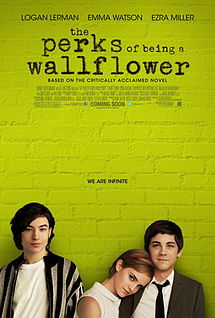Taxi Driver is a vintage Scorsese movie. Unrelentless street violence, deeply disturbed characters, the streets of New York, brilliant acting and one of the best sequences ever shot on film.
The movie follows the life and tribulations of Travis Bickle, a New York cabbie who racks in an enormous number of hours a week as he doesn't have anybody to go home to and suffers from insomnia. This allows him to earn money to spare, and with this, he buys weapons.
Scorsese slowly takes us through the complicated mind of Bickle, who through his travels gets to meet people from all walks of life and absorbs a little bit of each one. He feels like a man with no purpose, so he decides to find one. he runs into a young hooker by the name of Iris and he insists in taking her out of this life. At the same time, he falls for a beautiful woman, played by Cibyll Shepperd, who happens to work for the campaign of a politician. In a plain attempt to gain attention, he cuts his hair mohawk style and, packed with several guns, shows up at this politician's rally, possibly to shoot him, but has to escape in a hurry when a security guard starts asking him questions.
There's a segment where Travis practices with his gun at his run down apartment in front of a mirror. He confronts an imaginary oponent as he draws his gun while saying "Are you talkin' to me?" in a memorable and frequently quoted scene.
Travis then shows up at the brothel where Iris works. He meets Sport, her pimp, played by the ever versatile Harvey Keitel and shoots him with no previous warning. He walks into the building and shoots the man who assigns the rooms and is also shot in the neck himself. He continues on to the room where Iris is with one of her customers and also shoots that man. Travis then slumps to the couch, possibly bleeding to death. This action sequence is beautifully shot (if this term is applicable) and shows Scorsese's direction mastery.
At the end of this scene, a voice reads out loud a letter sent to Travis, who obsviuosly survived, by Iris' parents who thank him for saving their daughter and bringing her back to them.
In the end, Travis became a hero, a person of notoriety, something he was anxiously looking for. But, what does the future hold for him?
In the end, Scorsese displays what the streets of New York are like. An ugly underworld filled with drugs, violence and prostitution. Travis Bickle is just a simple man with a social problem, possibly a sociopath, who absorbs what he sees and feels from his bleak surroundings. He's just a by product of modern society.
This is at least my opinion. And I could be wrong.






